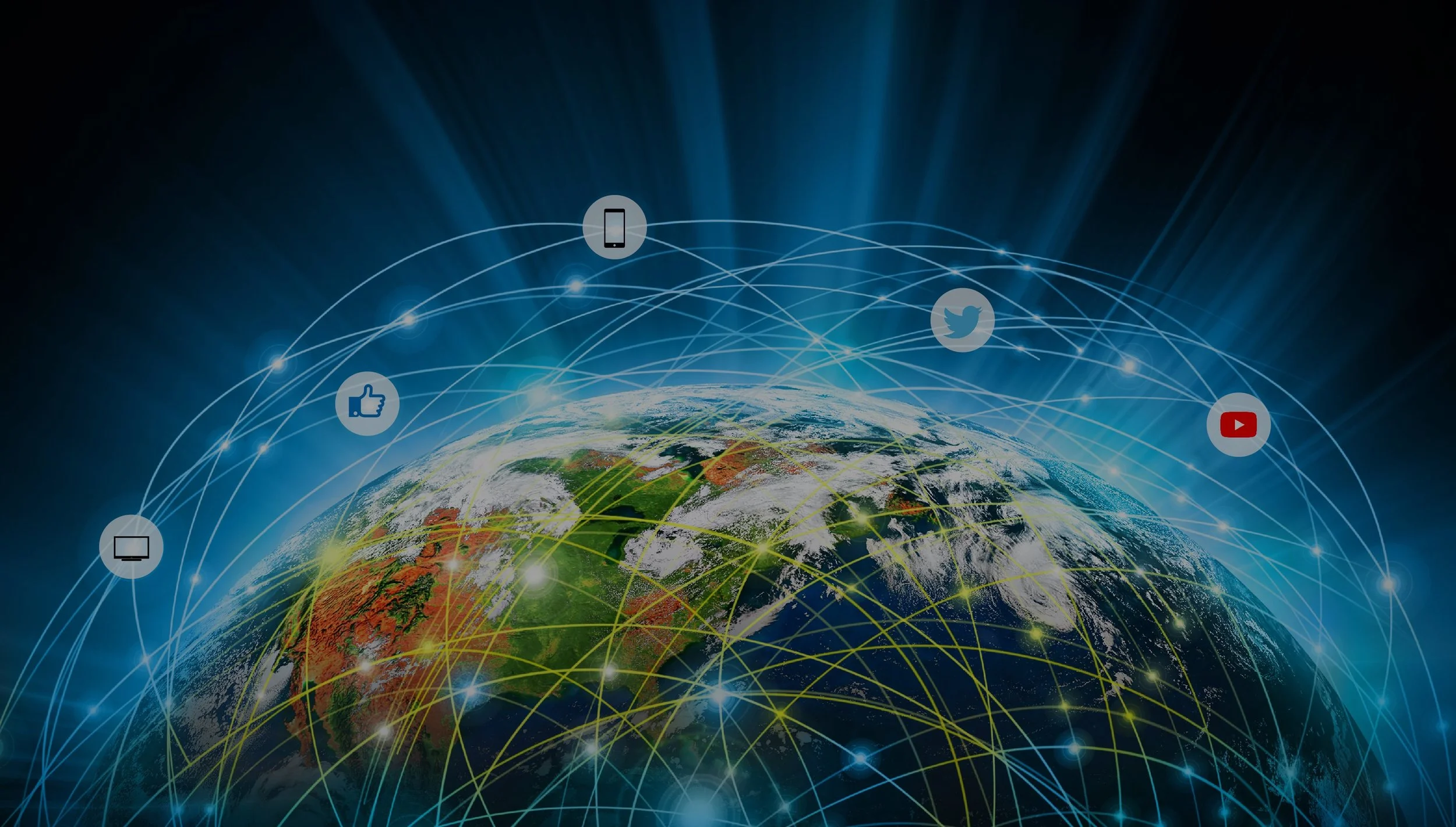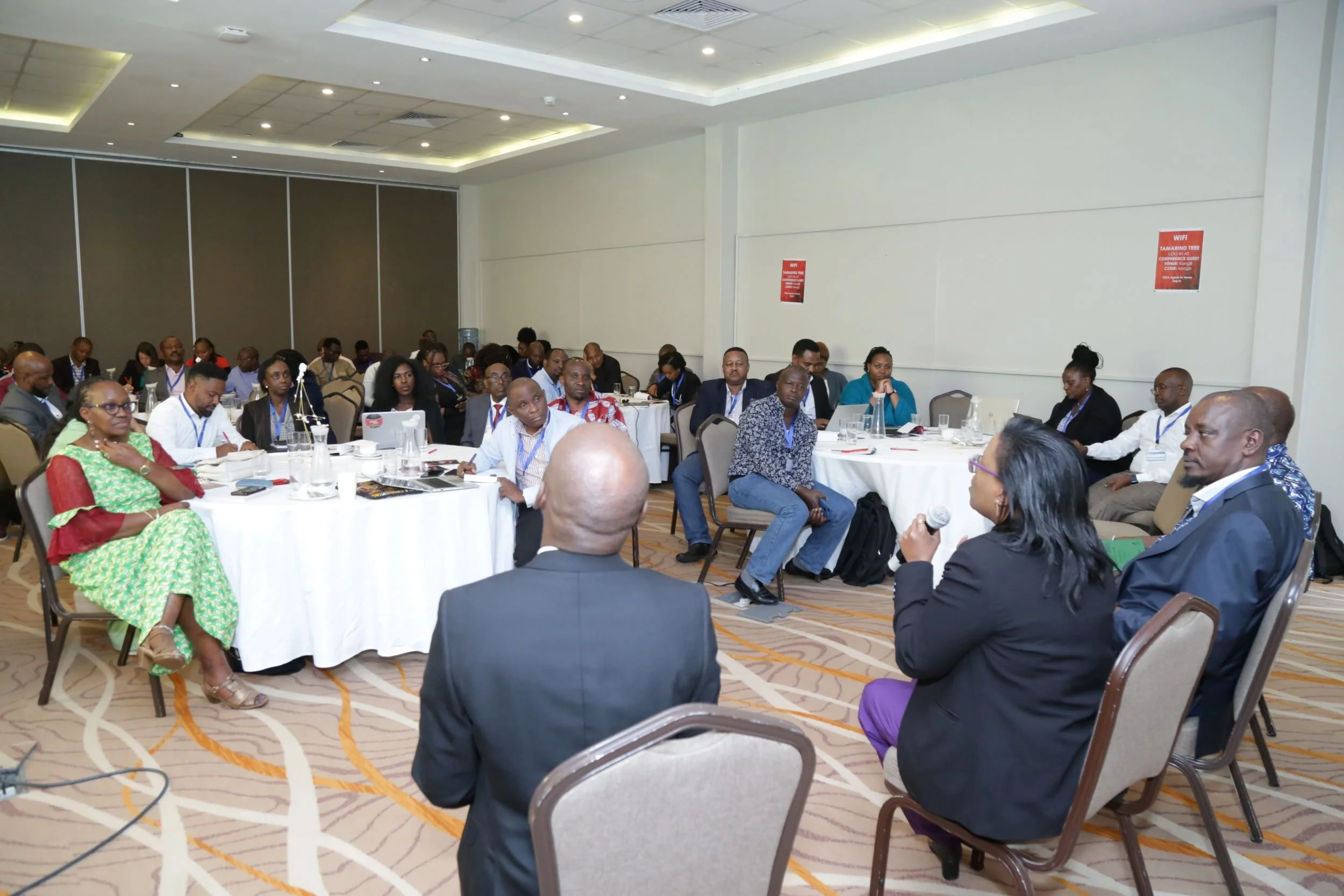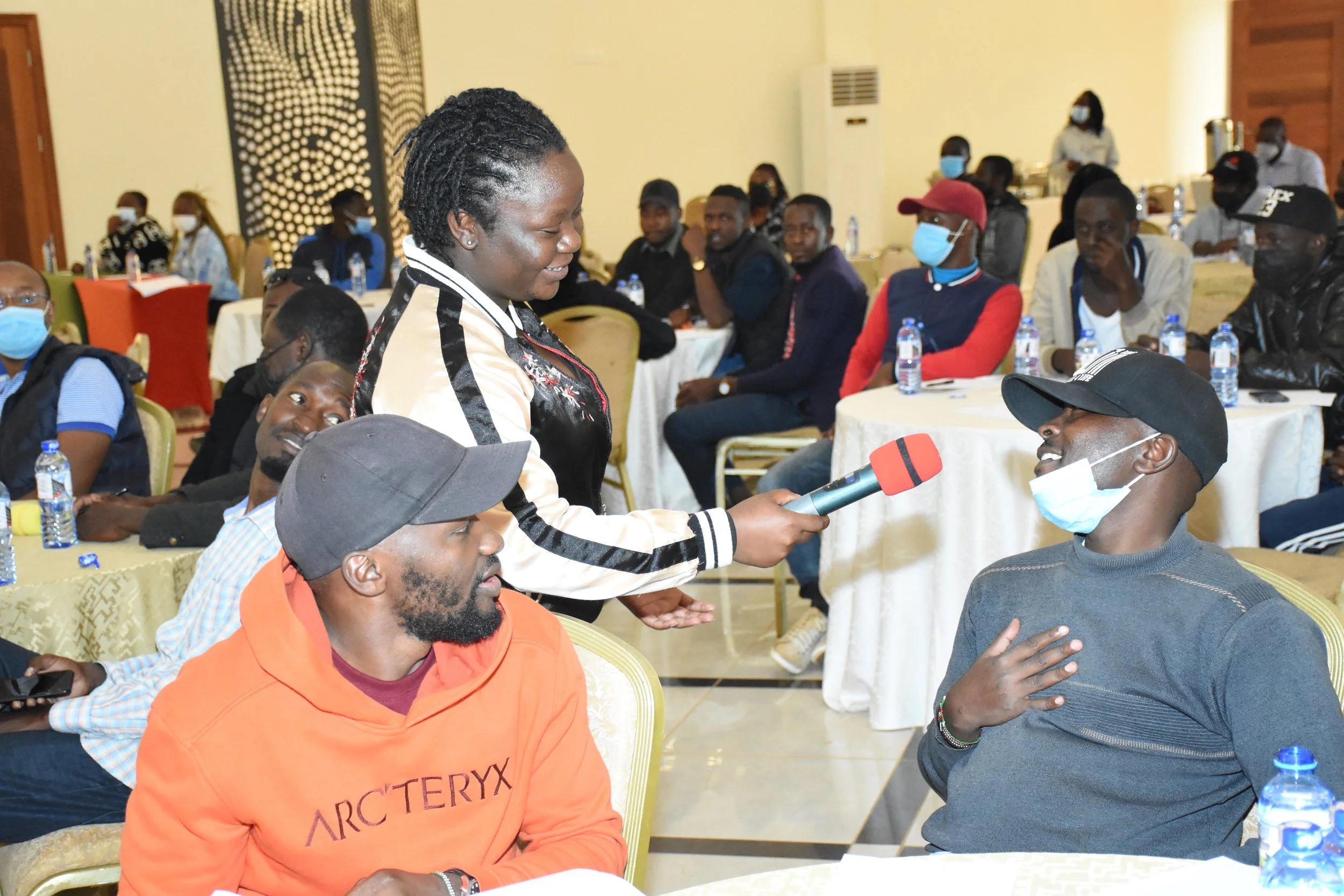Our impact model enables us to harness the strengths of the public and private sectors, and tap into the drive and ingenuity of young people for addressing problems that are too big for any one sector to solve on its own. This approach creates public-private-youth consortiums, bringing together partners with diverse capabilities, assets, and reach, all working towards a common goal: to achieve meaningful impact and transform outcomes for young people.
THE ROLE OF ODA IN STRENGTHENING MEDIA INTEGRITY FOR SUSTAINABLE DEVELOPMENT
The DAC defines official development assistance (ODA) as “government aid that promotes and specifically targets the economic development and welfare of developing countries.” Understanding of this definition has changed over time, recognising, for example, the emergence of “non-DAC providers or philanthropic foundations, the diversification of financial instruments for development, or the increasing overlap of development cooperation policy objectives with those of other sectors such as migration and security.”
PACT FOR THE FUTURE
We, the Heads of State and Government, representing the world's people, have gathered at United Nations Headquarters to take action to safeguard the future for present and coming generations. We are at a moment of acute global peril. Across our world, people are suffering from the effects of poverty, hunger, inequality, armed conflicts, violence, displacement, terrorism, climate change, disease, and the adverse impacts of technology. Humanity faces a range of potentially catastrophic and existential risks. We are also at a moment of opportunity, where advances in knowledge and technology, properly managed, could deliver a better future for all.
Philanthropies Launch New Initiative to Ensure Artificial Intelligence Advances the Public Interest
A group of ten leading philanthropies announced a bold new initiative to ensure that AI advances the public interest in the areas of need identified by Vice President Kamala Harris. Participating foundations are committed to leveraging and aligning grantmaking toward progress on these urgent issues. These institutions are collectively contributing more than $200 million in funding toward public interest efforts to mitigate AI harms and promote responsible use and innovation. Going forward, they will coordinate new actions in this space and will convene in the new year with a cross-sector set of actors to take stock of progress.
A Position Statement on Climate Change and Health for COP28
We, The Youth Cafe, recognise the urgency of addressing climate change, with Africa facing heightened vulnerability to its devastating impacts. The latest findings from the IPCC’s Special Report on Global Warming reveal that our planet is now 1.1 degrees Celsius warmer than pre-industrial levels, with projections indicating a potential 1.5-degree threshold as early as 2040. Disturbingly, each successive decade since 1850 has been more generous than the last. The escalating temperature trend driven by human-induced greenhouse emissions threatens health, food security, and economic stability. According to the World Health Organization (WHO), approximately 250,000 deaths per year may be directly linked to climate change-related issues such as heat stress, malnutrition, vector-borne diseases and water-borne diseases.
Connecting The World Through Digital Cooperation
In 1991, the world was on the verge of a digital revolution. Technologies previously accessible only to governments and research institutions, such as personal computers, mobile networks, and, of course, the Internet, were about to end up in everyone’s homes. Fast forward to 2023, what started as a communication revolution to empower people with access to information is now a data, technological, and surveillance revolution.
Unlocking Finance To Build Forward Better From The Covid-19 Crisis & Accelerate Delivery Of Sustainable Development.
The African government's economic crisis over the Covid-19 Pandemic equals (1 to 7)% of their GDP, contributed by African Governments deploying fewer funds and measures for high-quality recovery. At The Youth Café, we believe that there is a need for financial education. This will increase unlocking finance to build forward better from COVID-19 and accelerate delivery on Sustainable Development as intended: To identify effective measures to address the overarching challenge of mobilizing adequate and sustainable finance to invest in sustainable recovery from the COVID-19 crisis and accelerate the implementation of the 2030 Agenda and Agenda 2063. To identify and articulate the financing needs and provide high-level insights on opportunities to mobilize finance, focusing on the role of the Liquidity and Sustainability Facility designed and launched by ECA and partners.
How Does The Youth Café Promote Critical Citizenship Among Youth In Kenya?
The Youth Café trains the youth on civic education driven by result-oriented, evidence-based performance, which informs Our Theory of Change: A Pathway for Action, Sustainability, Results, Learning, and Adoption. These changes include institutional changes, service systems, community norms, partnerships, public will, policies, regulations, service practices, business practices, and issue visibility.
The High-Level Global Conference On Youth-Inclusive Peace process | The Youth Café.
The High-Level Global Conference on Youth-Inclusive Peace Process was held virtually on 20-21 January 2022, co-hosted by Qatar, Finland, and Colombia, and co-organized with civil society and UN partners. It began with a Youth Pre-Event on 19 January 2022, leading up to the Global Conference on 20-21 January 2022. The high-level conference aimed to secure national commitments to advance the country-level operationalization of the Youth Peace Security agenda and strengthen political will and commitment to including youth in peace processes. Interactive and action-oriented discussions convened across five themes building on the Youth Peace Security agenda between Heads of State and other High-Level Government representatives, young peacebuilders, and representatives of intergovernmental organizations, CSOs, academia, and donors.
Excerpt Four From A Recent Interview With University College London | The Social Enterprises Ecosystem Funding Landscape
Earlier this year, The Youth Café was interviewed by Eliana Summer-Galai, a Masters student with the Institute of Global Prosperity at University College London (UCL). This interview was to provide insight into research on the Kenyan Social Enterprise Ecosystem. The questions asked and our responses form a series of 8 blog posts dissecting important issues with regard to the Social Enterprise Ecosystem in Kenya. This is the fourth post of the series on How do you see the SEE funding landscape?










